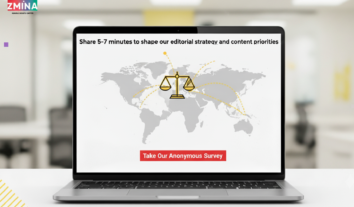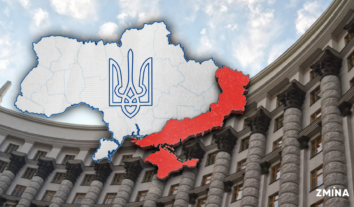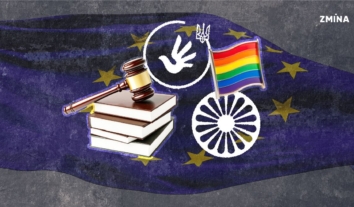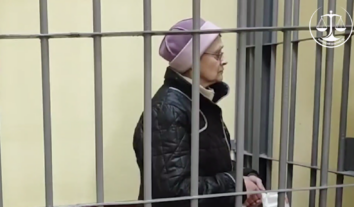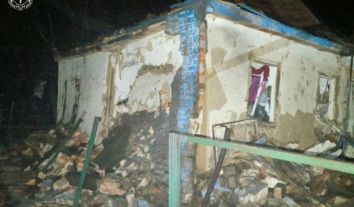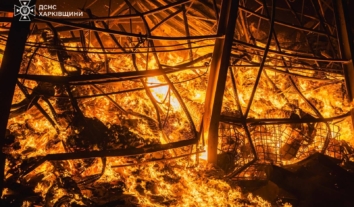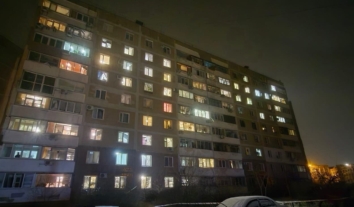Will exposers be paid 10% of corruption assets returned to state budget?
The bill on exposers No. 4038 has been registered in the Parliament of Ukraine. The experts hope that it will launch the institution of exposers in Ukraine, which will combat human rights violations and corruption.
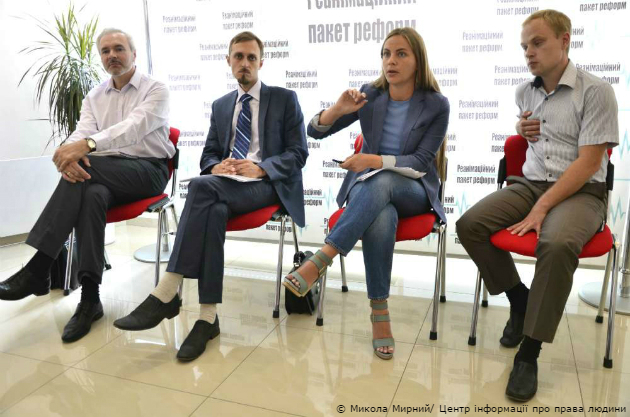
The Ukrainian laws have provisions on exposers, who report on crimes, but they do not form a system to protect exposers in general.
Such an opinion was expressed by scientific development director at the Center for Political and Legal Reforms Mykola Khavroniuk.
“We do not have a completed status of an exposer, we do not understand who this person is, what this person reports on, what the consequences of the report are, and what parties are included in the system of protection of such a person, etc.,” the expert said.
Dmytro Kuzin, the lawyer working with exposers at the Transparency International Ukraine, explains how the law enforcers protect exposers due to the imperfect legislation.
“In order to protect you physically, the criminal proceeding has to be launched. You should be recognized as the aggrieved party. You have to convince the investigating authorities and the court that you are indeed in danger. That is, roughly speaking, you will not be protected until you are not hit in the head. This is so despite the fact that you should be recognized as an aggrieved party in criminal proceedings if you are hit in the head,” Dmytro Kuzin said.
Under such circumstances, the exposers are doomed to simply overwatch the crimes, Executive Director of Transparency International Ukraine Yaroslav Yurchyshyn believes.
“Currently, such a person in our country is doomed due to lack of protection from the state and adequate cooperation with the state. A serious corruptness of the law enforcement bodies guarantee that this person might be physically annihilated,” Yurchyshyn said.
LAW INNOVATIONS
The bill stipulates that the exposer is a person who has exposed or made a real attempt to expose the information about harm or threat to the public interest from other persons. The exposer shall obtain this information through his or her labor, professional, economic, social, scientific activity, during the service or training.
Ukrainians are to be given the choice of channels for information disclosure: internal, external or regular. The internal channels are a special department or a person that the public bodies will be required to create. An exposer will be able to report there on crimes or abuse both by words of mouth and in writing. The regular channels are the law-enforcement bodies: prosecutor’s office, police, the National Agency for Prevention of Corruption (NAPC) and others. The external channels of disclosure are the media and NGOs.
Ukrainians can use these channels to report on criminal offences, their preparation, the administrative and disciplinary offences which can cause serious harm to life, health, rights and freedoms of people, to report on accidents, disasters and more.
However, Mykola Khavroniuk believes that the list of offences should be thoroughly examined before the second reading. After all, there are offences that do not entail responsibility.
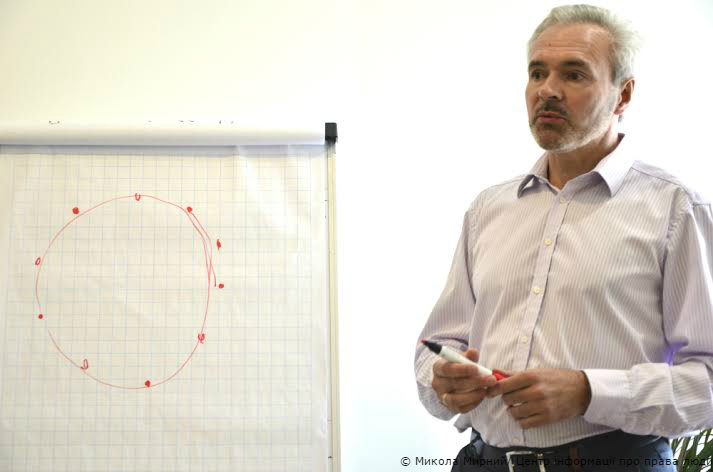
“For example, everything is clear with the disaster. It entails the loss of life. However, when just two cars hooked on the road, will a person report on an accident? She or he will say: ‘I saw the accident, and, for example, patrol police did not arrive on the scene.’ But we do not mean this,” he said.
Article 9 of the bill sets strict limits and priority use of channels for disclosure of classified information, including in the field of national security. In particular, one should dare to report if internal or regular channels were ineffective and inactive.
When writing the document, Mykola Khavroniuk criticized the list of crimes, reporting on which Ukrainians can be recognized as exposers. While some authors offered the opportunity to report on any offences, he proposed to focus on corruption crimes.
“We are the poor country which has no finances for a large institution. However, the experts got their own way in the end,” Mykola Khavroniuk said.
He also believes that Ukraine should set up a single center, where an exposer can report on the crimes to.
“This should be done because an exposer is not always able to correctly classify what he or she sees. It may seem that there are signs of a disciplinary offence, while actually it is a crime, etc. The experts of the center will be able to puzzle out the features of the acts stated in the report,” he said.
GUARANTEES
Nevertheless, the bill proposes a number of safeguards to protect an exposer.
After the Parliament Commissioner for Human Rights recognizes an individual has a status of an exposer, a person with such a status is protected regardless of whether the exposure concerned the abuses by public authorities or private companies.
“Having such a status, an exposer is not subject to criminal prosecution or other liability for disclosure of certain types of secrets,” Mykola Khavroniuk said.
“The amendments relate to the law on providing safety to participants in criminal proceedings and exposers and the physical protection is provided for to them. The document enables having a surgery on a face, changing place of residence, name, surname, job. You can even change your sex, if you want,” he added.
The anonymity of an exposer is protected by law. If an official discloses the information about an exposer, such an official is proposed to be held administratively liable – to be fined from UAH 4,000 to 6,800 with depriving of a right to hold certain positions or engage in certain activities for one year.
The exposers are exempt from civil liability for spreading false information.
An exposer cannot be dismissed. If this is done, he or she is to be paid salary for two years.
In addition, an exposer will be paid 10% of the sum of assets the country will return to the budget.
CAPACITY OF OMBUDSPERSON
The experts hope that these guarantees will allow launching the institution of exposers. However, will the Ukrainian Parliament Commissioner for Human Rights cope with the extra powers, who, according to the media, is already overworked?
Ukrainian MP from Samopomich Party faction Olena Sotnyk and Director of Transparency International Ukraine Yaroslav Yurchyshyn believe it is possible. There is only a need for additional funding for the office.
“The Ombudsperson has a right to direct recommendation for removing violations. Besides, we have made sure in certain times that it is a really independent body, both politically and economically,” Olena Sotnyk said. She hopes for international technical assistance.
Mykola Mirnyj for Hromadske Radio

